In traditional costume
• social status (e.g. silver or gold plumes for celebrations, weddings),
• the craftsmanship of the woman who made them (usually embroidery and weaving),
• the aesthetic culture of the family.
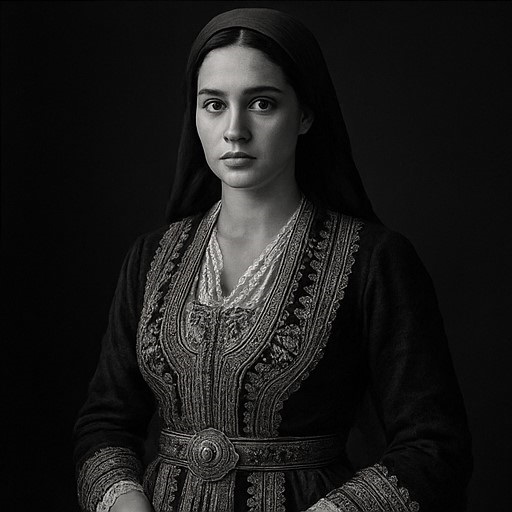
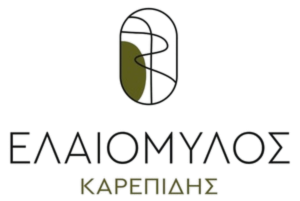
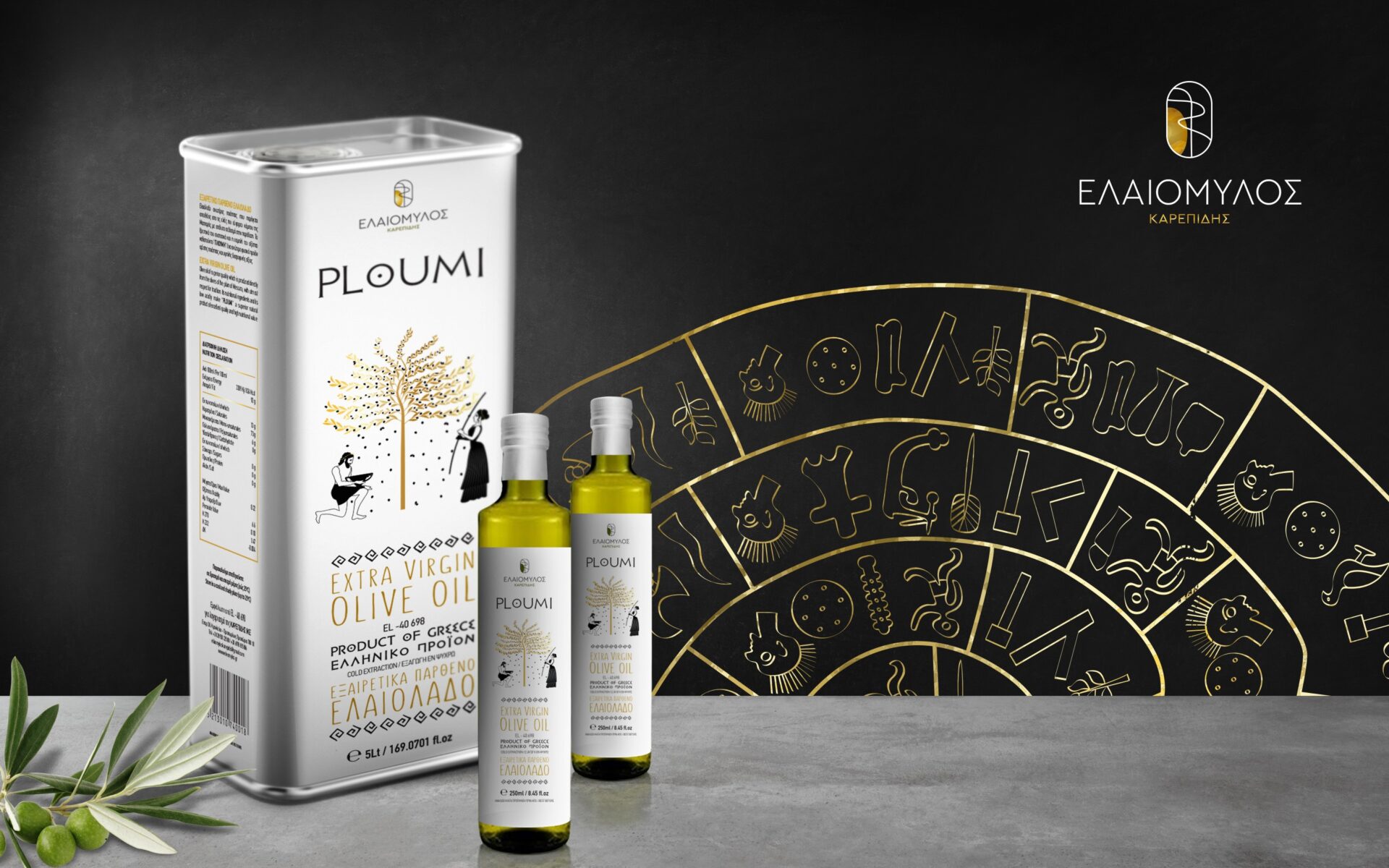
Ploumi olive oil is an authentic symbol of Greek quality and tradition, born from the passion and dedication of the Karepidis family, a family with deep roots in the art of olive growing. Its story begins in the fertile plain of Messara in Crete, where the wisdom of generations meets the noble variety of the Koroneiki olive tree, offering an olive oil of exceptional gastronomic value.
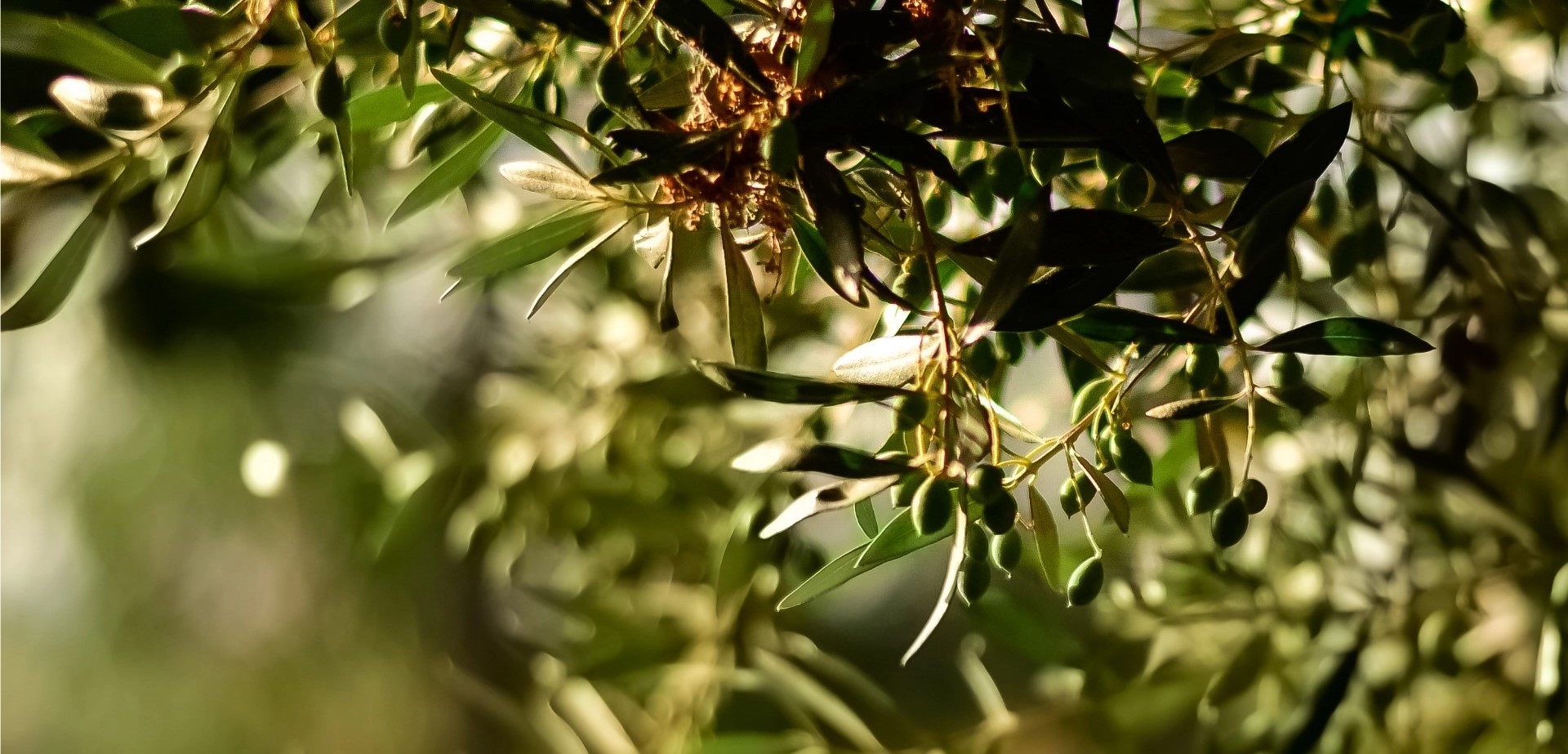
The Koroneiki variety, which is the core of Ploumi production, is one of the most important in Greece and is widely cultivated in Crete. It is renowned for its characteristically intense flavor, rich aromatic profile and high content of valuable polyphenols. Combined with the unique microclimate and fertile soil of the island, an olive oil of exceptional quality is created, internationally recognized.
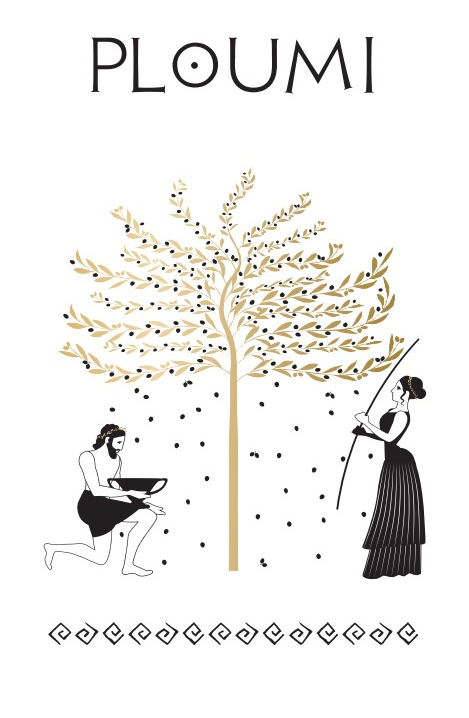
The name “Ploumi” comes from the Cretan word “πλουμί”, which means ornament or jewel .
In the traditional Cretan dialect, “πλουμί” often refers to a decorative element , whether it is part of a costume or a decorative embroidered pattern. The word exudes aesthetics, tradition and beauty, which is what the name “Ploumi” also wants to convey. The word has roots in the concept of wealth or luxury and exists in other parts of Greece, but in Crete it has a special use and cultural value.
The plumi is more than an ornament—it is memory, art, and identity. From the skilled hands of Cretan women emerge motifs that carry history, love, and faith in tradition. With every stitch and every weave, a living dialogue unfolds between past and present.
• social status (e.g. silver or gold plumes for celebrations, weddings),
• the craftsmanship of the woman who made them (usually embroidery and weaving),
• the aesthetic culture of the family.

The word "ploumi" is used to describe the elaborate embroideries that decorated dowries, clothes, tablecloths, and sheets. Each woman tried to make unique, beautiful plumes because:
• they were a sign of love and care,
• passed from generation to generation,
• they showed the artistic soul of rural women.

The use of the word implies a kind of respect for the beautiful, the old, the made with hands and heart. In Crete, the “ploumi” is not just an object – it is a sign of culture and an expression of the soul of the people.


Ploumi, our 100% Greek extra virgin olive oil, stands out for its exceptional acidity (below 0.3%), a hallmark of superior quality. Rich in polyphenols and antioxidants, it offers remarkable health benefits, while its distinctive aroma makes it truly unique.
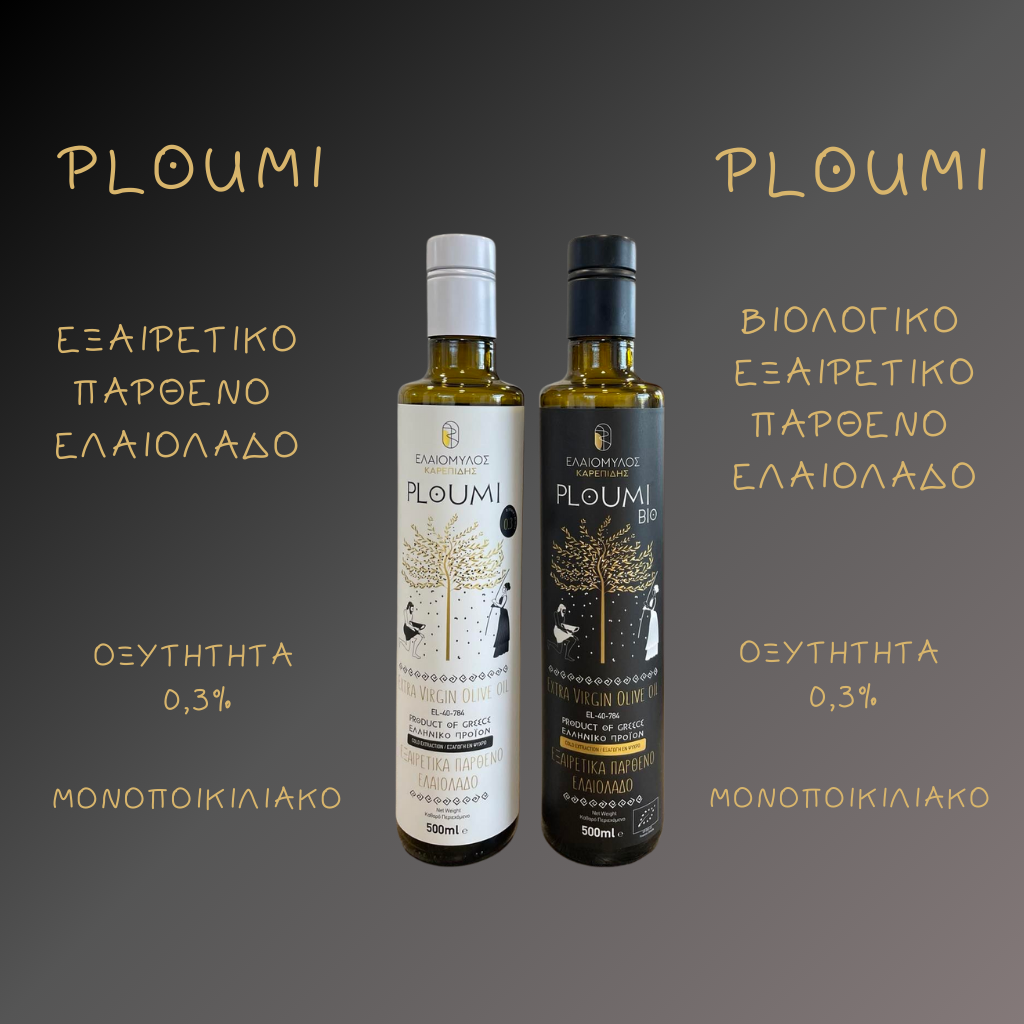
Our extra virgin olive oil “Ploumi” has won awards for its unparalleled quality.
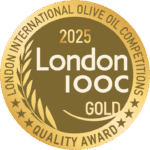
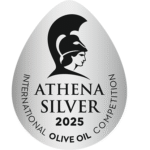
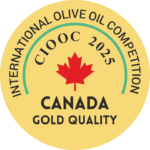
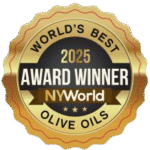

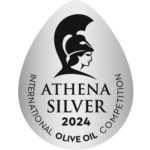
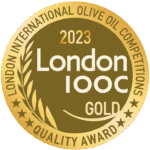
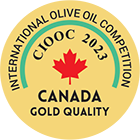
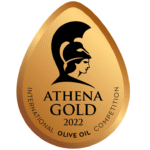
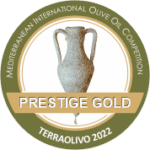
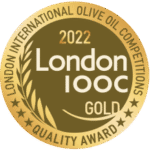
|
The page is under construction!
|